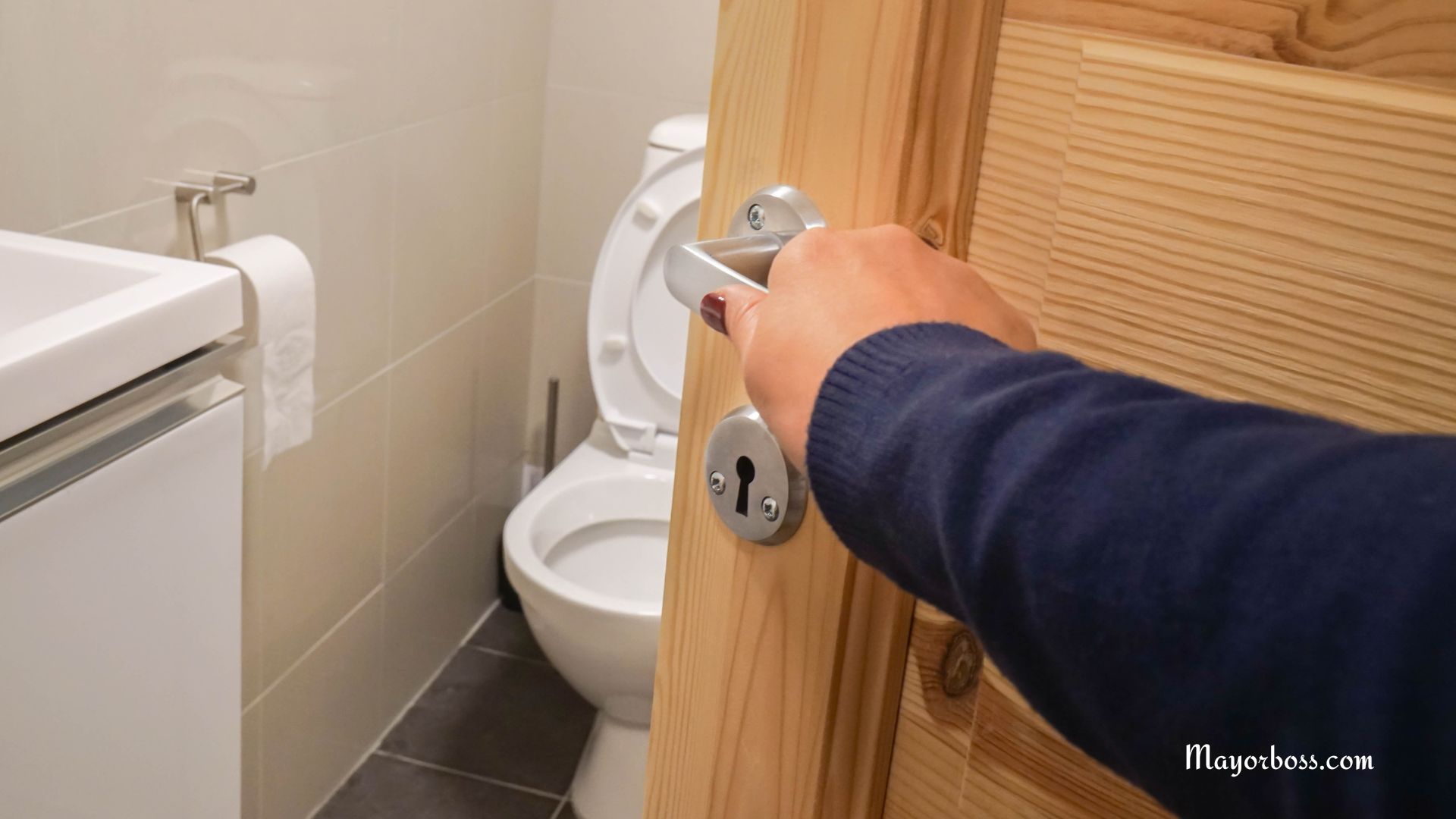Listen to Your Bladder! 8 Things It’s Trying to Tell You
Your bladder, that small, balloon-shaped organ in your lower abdomen, plays a vital role in your body by storing urine until you’re ready to go to the bathroom. But sometimes, it sends signals that something isn’t quite right. Paying attention to these signs can give you crucial insights into your health. Here are eight things your bladder is trying to communicate to you:

1. Urgency and Frequency
If you find yourself rushing to the restroom more often than usual, your bladder is signaling something important. This can be a sign of a urinary tract infection (UTI), overactive bladder, or even diabetes. The sensation of needing to urinate urgently, even when your bladder isn’t full, should prompt you to seek medical advice.
2. Pain or Burning Sensation
Feeling pain or a burning sensation during urination is your bladder’s way of raising a red flag. This discomfort is commonly associated with UTIs. It occurs when bacteria enter the urinary tract, leading to inflammation and irritation. Don’t ignore this pain; a healthcare provider can offer treatments to alleviate the infection.
3. Difficulty Urinating
Struggling to urinate, even when you feel the urge, can be alarming. This symptom might indicate an enlarged prostate in men or a urinary tract obstruction. In women, it could signal a prolapsed bladder or other conditions. It’s essential to discuss this with your family doctor for appropriate evaluation and treatment.
4. Blood in Urine
Seeing blood in your urine, known as hematuria, is a clear signal that you need medical attention. It can be related to infections, kidney stones, or more serious illnesses like bladder or kidney cancers. While it might be frightening, early diagnosis and treatment are crucial for the best outcomes.
5. Cloudy or Strong-Smelling Urine
Urine that appears cloudy or has a strong odor can indicate a UTI or dehydration. It’s your body’s way of telling you to drink more water or that an infection might be present. Staying hydrated is key to helping your urinary system function properly.
6. Frequent Nighttime Urination
Being woken up frequently during the night to urinate can disrupt your sleep and indicate a condition called nocturia. This could be due to various factors, including UTIs, overactive bladder, or diabetes. Managing this symptom often involves lifestyle changes and consulting with a healthcare provider.
7. Incontinence
Losing control over urination, or incontinence, can be embarrassing, but it’s a common issue. It might signal a weak bladder, the impact of childbirth, or aging. Various treatments can help manage incontinence, so it’s important to speak openly with your doctor.
8. Feeling of Incompleteness
If you constantly feel like you haven’t completely emptied your bladder after urinating, it might be a sign of bladder obstruction or a nerve problem. Ensuring you fully empty your bladder is crucial for preventing infections and other complications.
Frequently Asked Questions
What causes frequent urination at night?
Frequent nighttime urination, or nocturia, can result from various factors, including fluid intake before bed, UTIs, overactive bladder, or conditions like diabetes. Adjusting your evening habits and consulting with a healthcare provider can help manage this symptom.
Can drinking more water improve bladder health?
Absolutely! Staying well-hydrated helps flush bacteria from your urinary tract, reducing the risk of infections and helping your bladder function more efficiently. Aim for clear or light-yellow urine as a sign of good hydration.
When should I seek medical help for bladder issues?
You should consult a healthcare provider if you experience any unusual symptoms, such as pain during urination, blood in your urine, frequent or urgent need to urinate, or difficulty urinating. These signs can indicate a range of conditions that are best addressed early.
Listening to your bladder and responding to what it’s trying to tell you can help maintain your urinary health and overall well-being. Always pay attention to these signals, and don’t hesitate to seek professional advice when needed.






